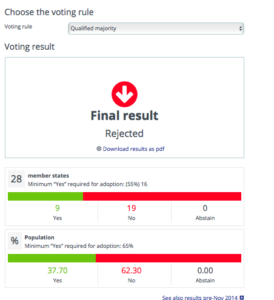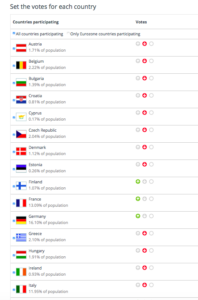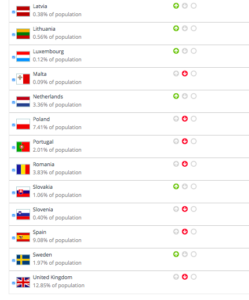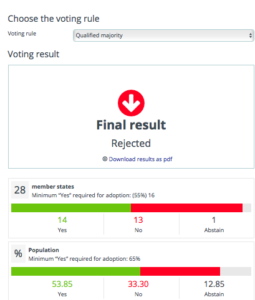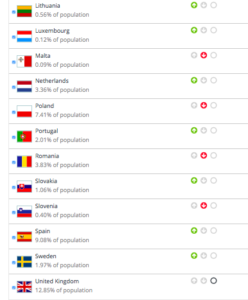People think that not much happens in Brussels in August. I have always thought it’s the most important time of year. I do so for one simple reason. By the end of August, the Commission’s Work Programme and President’s State of the Union speech for 12 September is ready. A handful of officials have the power of the pen to set out the work plan for the next 12 months
Last Chance
If you really want to influence what’s in the Commission’s Work Programme, this year is your last chance under the Juncker Commission.
9 Member States and Norway agree.
Politico, ahead of the game as ever, published this letter, that a group of Member States sent on 27 July to a group of Commissioners. Why they did not send it for the College’s discussion on the Work Programme is perhaps the more interesting question.
POLITICO-letter to the Commission on chemicals key files July 2018
A Coalition of the Willing?
What’s in it is not a surprise. If you take the time and read the Environment Council Conclusions since November 2014, they have said more or less the same.
What’s interesting is the diversity of Member States signing up to the latter. Germany, France, Sweden and Netherlands, and Luxembourg is not a surprise. That Finland, Latvia, Lithuania, and Slovakia join them may take some people by surprise. But, if you have been observing the deliberations of Environment Ministers over the last 4 years, and the fine tuning of Council Conclusions, you’ll know that this alliance is backed up by Denmark, Portugal, Spain, and Ireland. And, when the votes come down, a consensus evolves.
Voting Simulation
The Council’s Voting Calculator provides endless hours of fun. Below, you’ll find how the 9 look and then another with the more likely allies and the UK removed.
Do the 9 have the votes
A first glance seems to show that this group of 9 Member States don’t have the votes to push their agenda through the Council.
Post 29 March 2019
A closer look at things suggests a different picture.
If you add in how the Member States have voted in the past, even on the most cautious basis, things start to look different.
And, when the UK leaves next year, the majority threshold will likely be crossed.
